One of the first things you realize when you start the process of selling your business is the importance of keeping secrets. You don’t want people to get upset when you’re only thinking about something. So you start making a lot of phone calls and video conferences behind closed doors. You even start doing some travel without mentioning to folks where you’re going or why. This can be especially difficult with a small company where you’re used to everyone knowing everyone’s business.
A lot of companies going through the sale process keep a veil of secrecy right up until closing at which point they call an all-hands and dump the information on their employees, catching them by surprise – or so the company things. The reality is though is that people are smart. They can do basic math and figure out what’s going on. By the time the all hands meeting happens, they already have their resumes cleaned up and might have had a few interviews. This of course, because of the uncertainty that is created when the bosses are spending too much time behind closed doors!
The other option is to be honest with your employees. For us, we came clean with our team early on in the process. When we were just getting to know Globant they wanted to meet the team in Winston and Cluj. Most companies at this stage would have come up with some elaborate ruse to tell the team who these strangers were and why they were there. We certainly considered this, but fortunately, like many parts of this process, had good advice from people we trusted. For me that person was Amy Hughes. Amy is a good friend, someone I trust, and so happens to have loads of experience with big companies doing strategic communication in situations like this (along with all sorts of other “crisis” situations).
When I called Amy the first thing she said was, “I know you guys and your culture. You treat your team like family and I’d recommend you have a plan of honest and straightforward communication.” She went on to say that she’d certainly played the situations both ways, but knew that our team would do well with the truth because they trusted us. She even helped me explain the idea to other leaders who were in the know which was important, because most people in this situation are scared to death of the negative reaction their employees might have.
I know that people will be skeptical regardless of your approach. But the best thing you can do is to have clear and consistent messaging with as much information as possible (not everything necessarily) so that folks know you’re trying to do the right thing. By being open and honest early, our employees become part of the process rather than victims of it.
Amy went on to work with us to build a communications strategy where we spoke to the team in Winston, and explained where we were in the process, then to the team in Cluj, and then with follow-up emails reiterating to everyone so that those who were in shock could process what we were telling them. I should mention that I’ve been so fortunate to have a number of close friends, family members, and advisors who have great experience and knowledge. I never could have accomplished anything in my career, but especially in this process without them. I’ll have to find ways to write about each of those folks and their impact.
Bottom line for us has been that 8 months in we have had very little attrition and I’d say none related to the acquisition. A lot of this could certainly be attributed to Globant, and the culture that they’ve fostered, but I think the biggest thing has been the way we’ve been forthright with the team about the acquisition–including the opportunities that have come available, the challenges of integration, and the changes to the way we work as part of a larger company. I believed we’ve maintained the trust of our team along the way and that is something that is rare in these situations and something I’m proud of.
